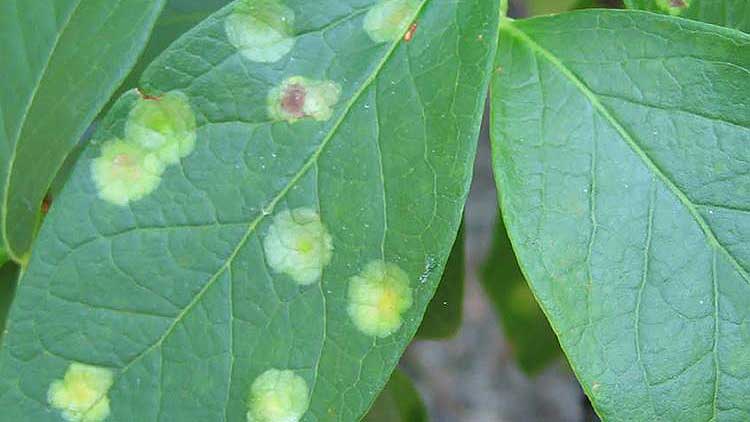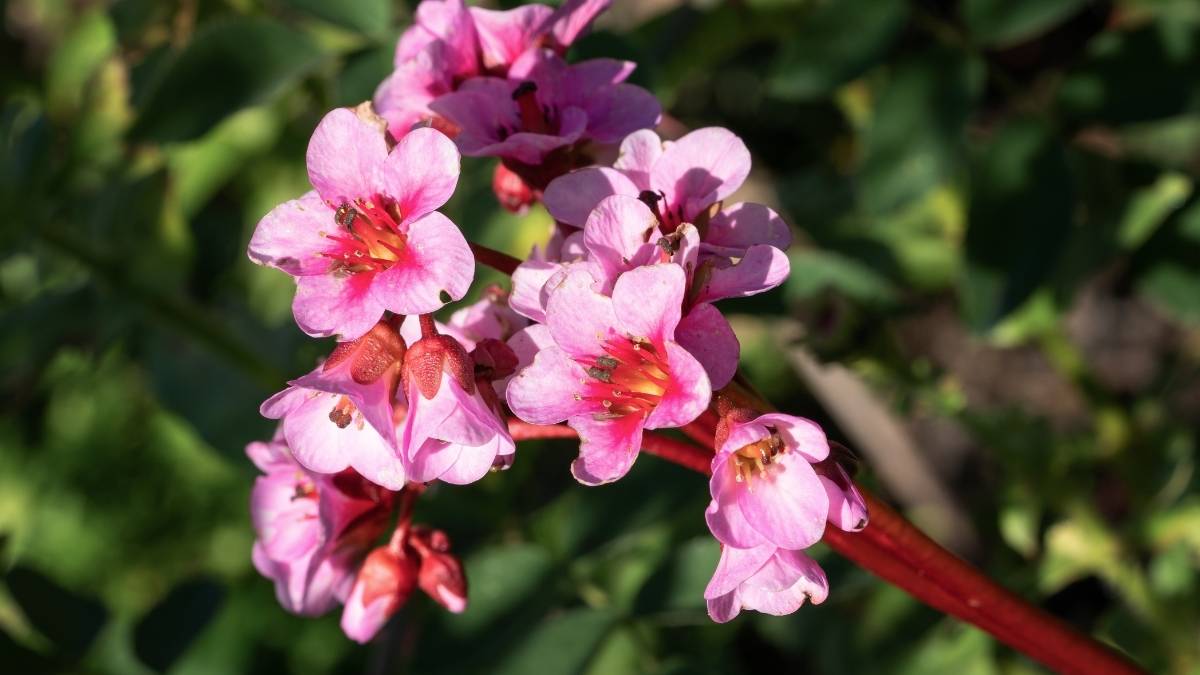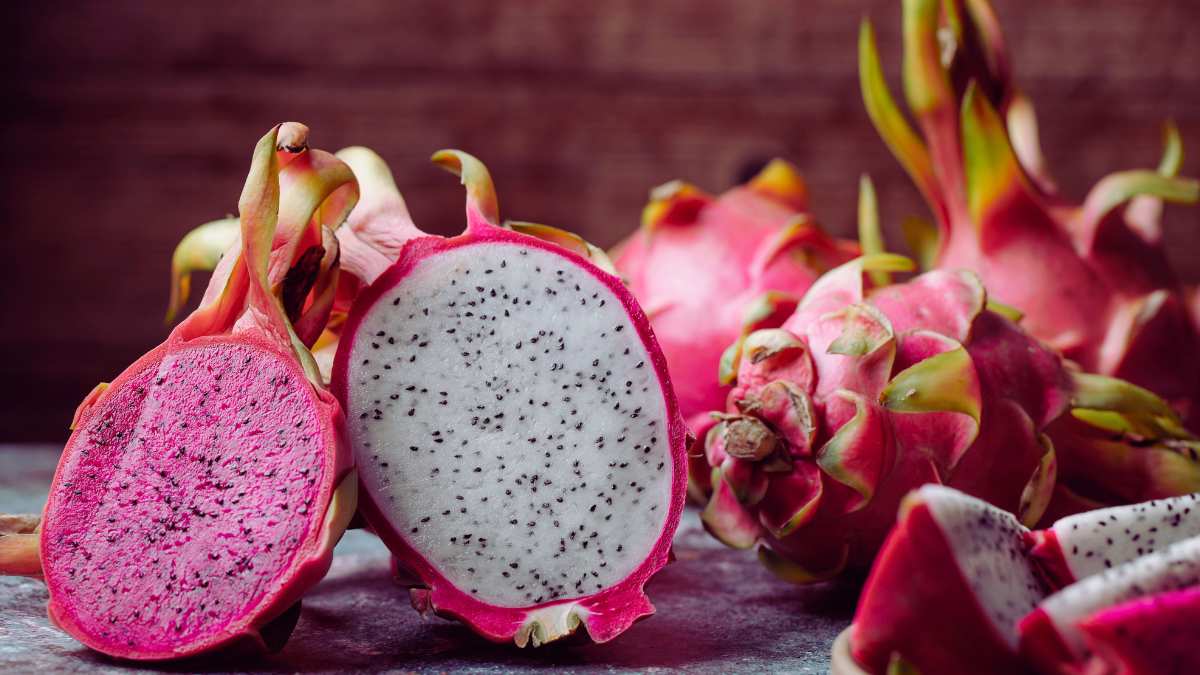You will definitely love the benefits of Lime sulfur on plants if you start using it. Lime sulfur is an organic fungicide that is used to prevent various diseases on plants before they occur. Practicing chemical fungicides on plants has several short and long-term damages to the plant and the soil, whereas lime-sulfur application is a safe substitute.
To figure out when and how to use lime sulfur with your plants, just keep reading.
What are the benefits of lime sulfur, and how to use it?
The lime sulfur, aka calcium polysulfide, is the Solution made by mixing calcium polysulfides and thiosulfate or, with more common names, lime, and sulfur. It has a high pH level of 10.7, so it can be used as a perfect soil conditioner. According to studies, calcium polysulfide has a high positive effect when dripped in tomatoes.
You might also like this: Using baking soda with your tomatoes to boost the growth

In addition, thanks to elements such as sulfur and copper, it is a nice disease and pest control tool. The smell of the solution not only pest but sometimes even makes me run away from it. But is it harmful? Of course not.
It’s one of the natural, safe and better ways to get rid of pests and insects when used prudently. Lime sulfur spray for fruit trees is not a wise option for today’s large agricultural fields as it has some limitations with implementations, but it’s still a good choice for smaller fields and gardens.
When to use lime sulfur with plants?
That’s the question to ask. It could be confidentially started to apply for deciduous fruit trees during December. If your start time is that month, fighting diseases, pests, and even frost damage on your trees would also be quite effective.
Besides that, after preparing and applying the lime sulfur, it will also provide a protective effect since it helps to keep the plants warm in winter. In the spring and summer months, it also has a positive effect on keeping the pests off the tree and protecting the body from the sun’s rays.
So, what is the best dosage of Lime Sulfur?
In winter – especially in December, for cold regions, and especially with apples, recommended the best dosage when using lime sulfur would be preparing a mixture of 30 liters/8 gallons of Lime slurry in 1000 lt water.
As for the second application right before blooming, around February and March, 15 liters/4 gallons to 1000 liters of water, and around March or April, 10 liters/2.7 gallons to 1000 liters of water would be the best to use.
If growing them commercially, It is recommended not to use lime sulfur on peaches before harvest as it leaves. It leaves its smell on the fruit and might cause it to lose its market value. It doesn’t have the same effect for apples, as they go through the washing unit right before packaging, so you can safely use it with apples.
What pesticides and diseases does lime sulfur protect against?
- The mealybug in olive ( pay attention to the dosage. It should not exceed 1% or 1.5%),
- powdery mildew on tomatoes
- powdery mildew on grapes
- bacterial burn tomato and quince
- tomato and moldy mildew and leaf mold in tomato,
- scale insects,
- all cotton pests,
- bacterial blight in tomato,
- Powdery mildew in the vineyard,
- Black spots in Apples (mostly sooty blotch or flyspeck)
- Phylloxera in vineyard
- Phomopsis (Dead-arm infection) in the vineyard…
Obviously, we can extend this list, but the positive effects of the lime-sulfur on the above-written diseases have been experimented with and proven. You can check out scientific resources here as well; lime sulfur sprays for Spring disease control and https://www.ncbi.nlm.nih.gov
The lime sulfur sediment applied to the body of the trees has also been reported to be effective with pests such as snails and slugs. If you want to know whether lime sulfur is harmful to human health, here you can read the human health effects of lime sulfur.
I hope you have the most healthy plants with maximum yields in pesticides and a disease-free environment!
Here is a video showing how lime sulfur is made for your garden. Although the video is not in English, it might be useful to give some clues.
FAQ -Lime sulfur on plants
Is lime sulfur safe for plants?
Lime sulfur is often combined with an oil, such as mineral oil, in order to increase its adhesion to the plant’s surface when it is used in dormant sprays for gardening. These horticultural oil sprays include a high concentration of lime sulfur, which means that they can only be used on dormant plants. This is because sulfur may cause burns to the leaf tissues of living plants.
How often do you spray lime sulfur?
During the growth season, you should mist the leaves of your rose plants with this solution once every ten to fifteen days. Make certain that the solvent has penetrated all of the visible leaves completely.
Can I spray roses with lime sulfur?
After roses have been pruned, lime sulfur may be sprayed on them as a winter spray. The concentration is 20 milliliters per liter of water, and it is sprayed over every area of the bush. Lime sulfur may also be used to control rust, two-spotted mites, and powdery mildew on roses throughout the Spring, Summer, and Autumn seasons; however, the rate that is needed to be applied is lower.
What plants are sulfur sensitive?
Sulfur may be utilized without risk on a wide range of plants, including those cultivated for consumption as well as those planted just for aesthetic purposes. Plants such as azaleas, lilacs, cedars, violets, hydrangeas, cosmos, sweet peas, and many more often benefit from its application.
Is lime sulfur poisonous to dogs?
The exact lethal doses are unknown but are likely to surpass 4 grams per kilogram. Lime-sulfur, which is a complex of sulfides, has the potential to cause irritation, blistering, and pain, but it almost never results in death.
Can you mix sulfur and neem oil?
Neem oil and sulfur together are hazardous to plants; you should wait 30 days before applying neem oil after using any items that include sulfur (such as for increasing the acidity of soil).


It’s in point of fact a great and useful piece of info. I am glad that you simply shared this useful information with us. Please keep us informed like this. Thanks for sharing.